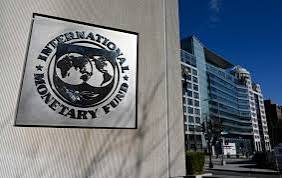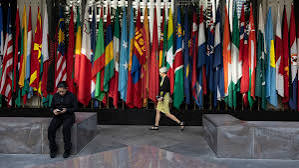The International Monetary Fund (IMF) has warned that Nigeria’s education budget consistently falls short of the United Nations Educational, Scientific and Cultural Organisation (UNESCO) benchmark. This has led to a decline in the quality of education in the country, with nearly three in 10 school-age children not attending school and a literacy rate of only 75 percent among those aged 15 to 24.

The IMF report highlights that the demographic transition in Sub-Saharan Africa presents a significant opportunity for economic growth, but only if countries invest sufficiently in education. Nigeria’s vibrant youth population, with over 60 percent of its people under the age of 35, presents a reservoir of human capital ripe for harnessing the nation’s socio-economic advancement.
However, the country’s education allocation has been fluctuating over the years, with the highest figure reached in 2015 when over 10 percent of the national budget was allocated to the education sector. Since then, the allocation has consistently fallen short of the UNESCO benchmark, with the 2024 budget allocating only 7.9 percent to education.
Experts believe that insufficient education funding in Nigeria is foundational to inadequate infrastructure, limited educational materials, underpaid staff, inadequately trained teachers, and poor learning outcomes. The cumulative effect of these factors is the underdevelopment of the education sector, which is necessary for national growth and competitiveness in the global economy space.
Innocent Okwuosa, the 59th president of the Institute of Chartered Accountants of Nigeria (ICAN), urged the President Bola Tinubu-led administration to improve the standard of education and health facilities in the country to reduce education and health tourism. He noted that proper funding of education will improve the standard of learning in the country, which will in turn lead to having students from other countries coming to school in Nigeria and attracting foreign exchange inflow.
The IMF maintains that investment in education will provide countries such as Nigeria with a clear long-term economic gain that more than justifies the cost.




